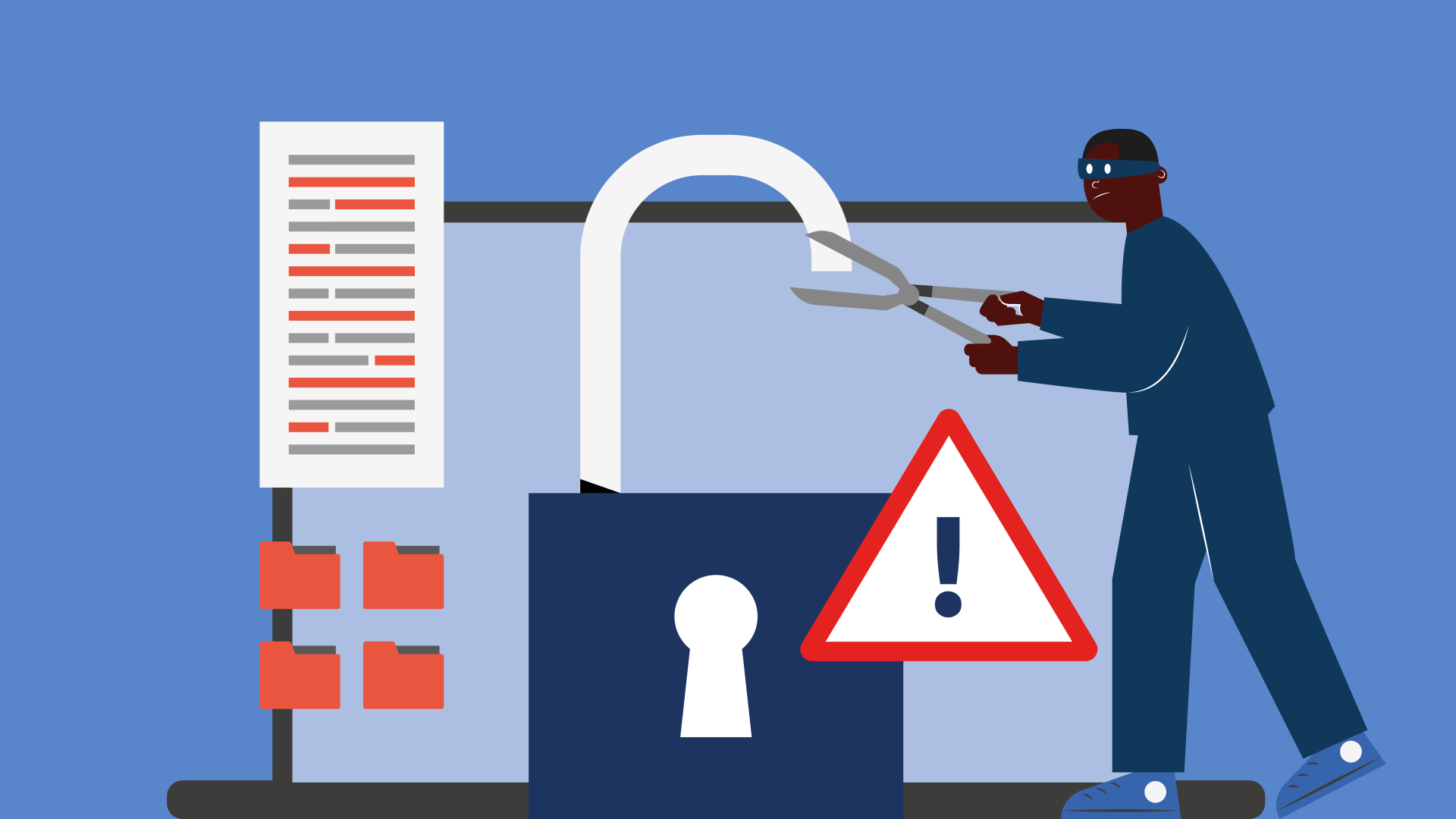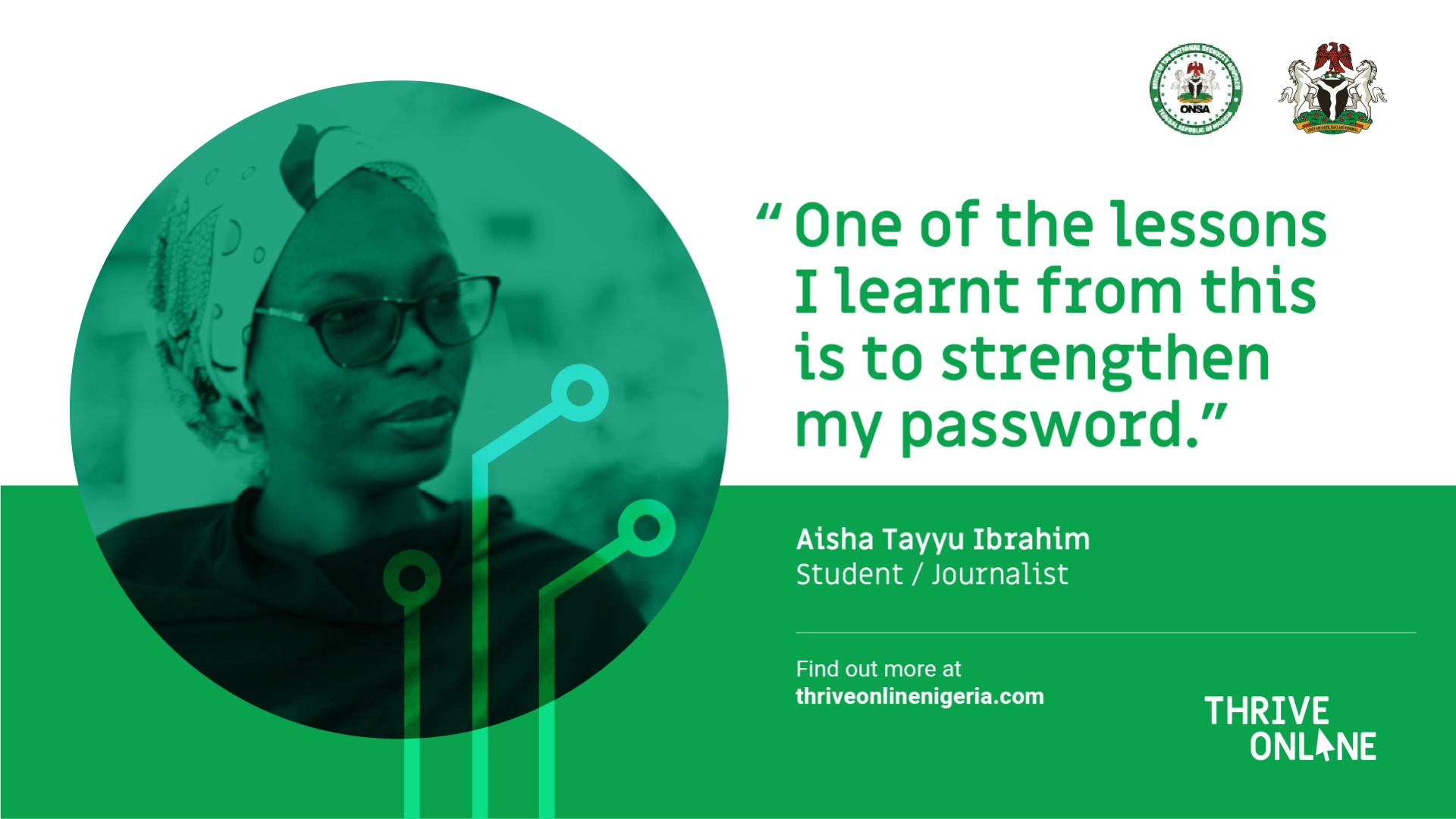The digital space in Nigeria is growing rapidly — with over 122 million internet users in 2025, the opportunities for learning, business, and social connection are endless. But this growth also comes with risks. Cybercriminals are targeting Nigerians at an alarming rate, and the statistics reveal just how serious the challenge has become.
The Alarming Numbers
- According to the Nigerian Communications Commission (NCC), nearly 60% of Nigerian internet users have encountered some form of online scam.
- The EFCC reported that cybercrime accounted for losses of over ₦100 billion in 2023 alone.
- A 2024 survey by Statista showed that 1 in 3 Nigerians had received phishing emails or fake investment offers in the past year.
- Globally, the FBI Internet Crime Report ranked Nigeria among the top 20 countries most affected by cybercrime, underscoring the need for stronger protections.
These figures are not just numbers, they represent real people losing their savings, their trust, and sometimes even their livelihoods.
1. Poor Cyber Awareness
Many internet users are unaware of how scams work or what warning signs to look out for. This makes them easy targets for well-crafted fake messages, links, or investment offers.
2. Economic Pressure
With high unemployment and financial hardship, many people fall for “too good to be true” opportunities — such as quick investment schemes or fake job offers promising fast cash.
3. Social Engineering & Weak Digital Literacy
Scammers are skilled at manipulating emotions — using fear, love, or urgency to pressure victims into acting quickly without verifying the facts. Not everyone understands how to verify websites, check sender addresses, or identify fake domains. This limited digital skill set helps scammers thrive.
5. Trust in Social Media
Social media platforms are often used for scams because people tend to trust content shared by friends or influencers, even without verification.
6. Poor Cybersecurity Practices
Using weak or reused passwords, clicking on random links, and ignoring software updates make individuals and organizations more vulnerable.
7. Underreporting of Scams
Many victims feel embarrassed or hopeless after being scammed, so they don’t report the incident. This allows fraudsters to keep targeting new victims.
How Nigerians Can Fight Back Against Online Scams
While scammers are getting smarter, citizens can be smarter too. Combating online fraud begins with awareness, vigilance, and responsible digital habits. Here’s how Nigerians can take action:
- Verify Before You Trust: Always double-check messages, job offers, or investment opportunities. Look up official websites, call customer care lines, or verify social media pages before sharing personal or financial details.
- Strengthen Your Digital Security: Use strong, unique passwords, enable two-factor authentication (2FA), and regularly update your apps and devices. Cybersecurity tools like antivirus software can help detect fake links and malicious files.
- Be Skeptical of “Too Good to Be True” Offers: If a deal promises unrealistic profits or instant rewards, it’s likely a scam. Avoid emotional or rushed decisions — pause, think, and verify.
- Learn and Share Cyber Awareness: Knowledge is the best defense. Participate in cybersecurity awareness programs, follow verified online safety pages, and educate family and friends — especially the elderly and young people.
- Report Scams and Fraudulent Activities: Don’t stay silent. Report scams to:-
- National Cybersecurity Coordination Centre (NCCC)
- Nigerian Communications Commission (NCC)
- Nigeria Police Force Cybercrime Unit (NPF-NCCC)
- Your bank’s fraud desk or trusted online platforms.
Each report helps authorities track patterns and prevent future attacks.
- Support Digital Literacy:
Encourage schools, workplaces, and community centers to include digital safety education. The more Nigerians understand the online world, the harder it becomes for scammers to succeed. report incidents – Many scams go unreported. Inform your bank, telecom provider, or the authorities if you encounter one.















